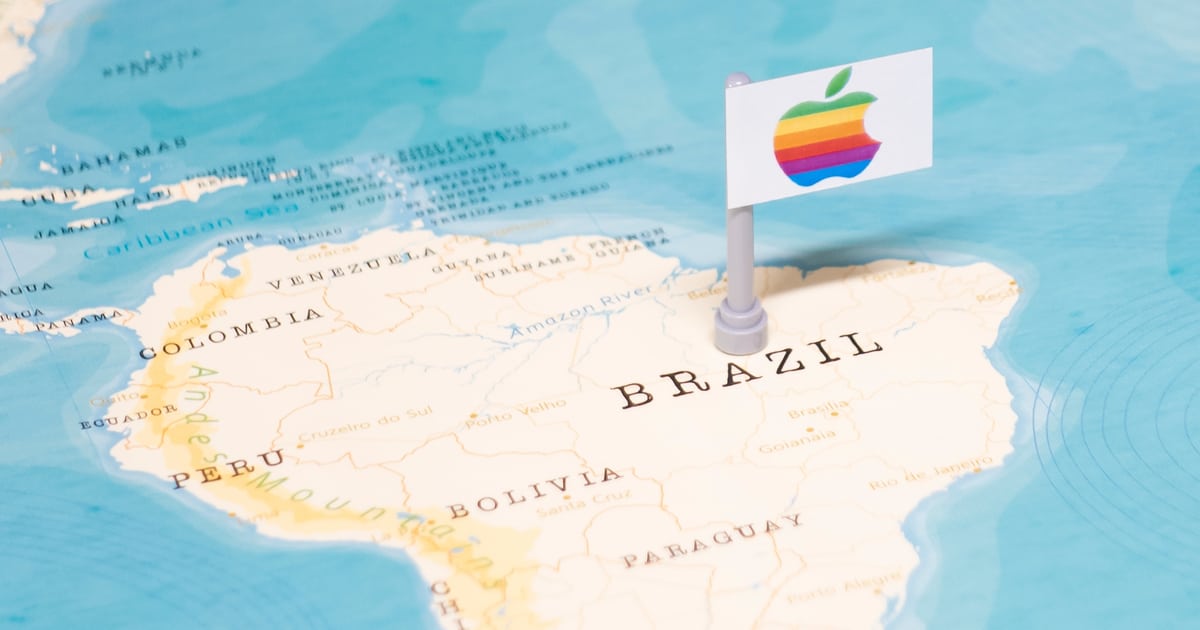Apple is exploring the expansion of its iPhone production in Brazil as part of a strategy to navigate the challenges posed by new U.S. tariffs. Currently, Brazilian-made iPhones are limited to entry-level models, but the company is considering scaling up operations to include higher-end devices, such as the iPhone 16 Pro. This move would not only meet local demand but also allow Apple to export devices to the U.S., taking advantage of Brazil’s lower 10% tariff compared to the steep 34% rate on Chinese imports and 26% on Indian goods.
Foxconn, Apple’s manufacturing partner, has been assembling iPhones in Brazil since 2011 at its facility in São Paulo. However, production capacity remains small compared to operations in Asia. To expand Brazilian production, Apple would need to invest heavily in equipment upgrades and industrial processes. Regulatory approval for assembling the iPhone 16 series has already been granted by Brazil’s telecom regulator, Anatel, paving the way for potential growth.
Brazil’s lower tariffs make it an attractive alternative for Apple as it seeks to diversify its supply chain beyond China and India. However, challenges remain. The country’s current manufacturing lines focus on simpler iPhone models, raising questions about its ability to handle complex devices like the Pro series. Additionally, logistical hurdles and fluctuating economic conditions could complicate efforts to scale up production.
Apple’s diversification strategy reflects a broader trend among tech companies adapting their supply chains to mitigate risks tied to geopolitical tensions and trade policies. If successful, Brazil could become a more prominent player in Apple’s global manufacturing network, helping the company reduce costs and maintain competitive pricing in key markets like the U.S.
More here.
